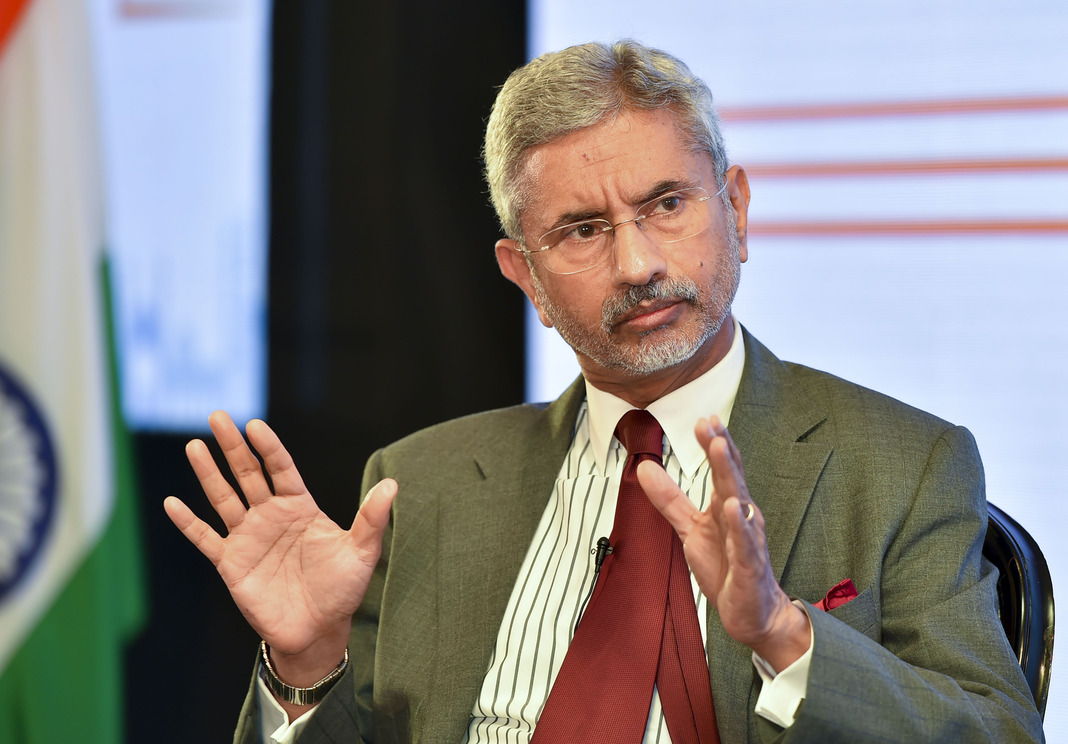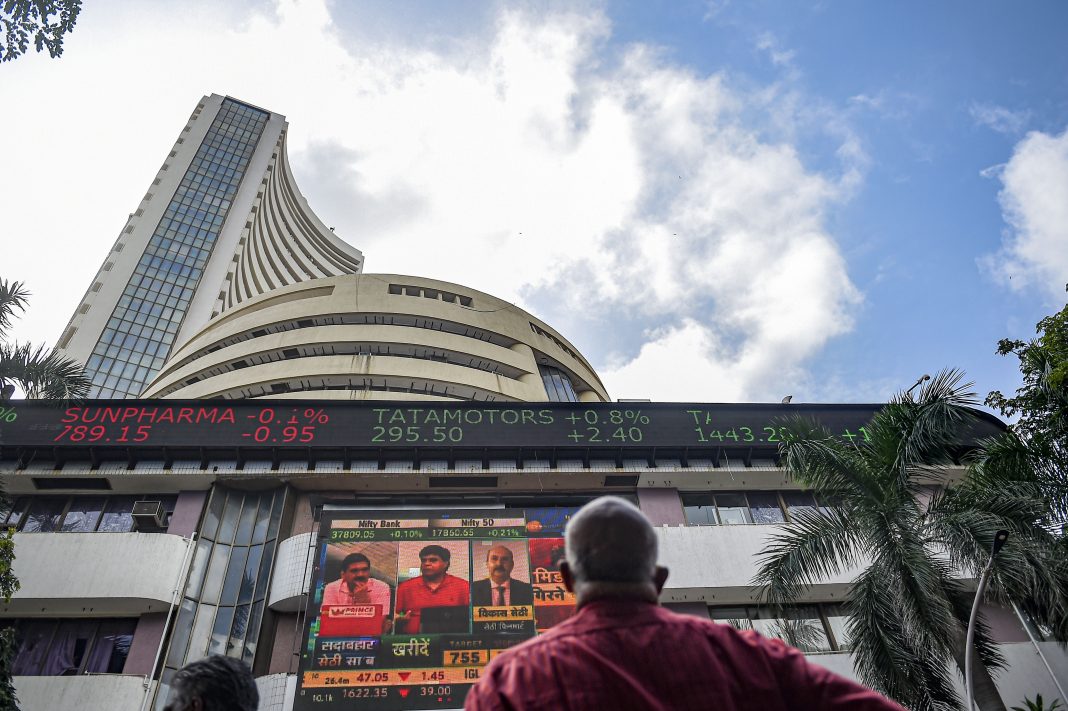Singapore, Nov 8: India and ASEAN are major demographies and their collaboration can be crucial in tackling contemporary issues, ensuring food and health security and addressing political challenges in the shared region like Myanmar, External Affairs Minister S Jaishankar said on Friday.
Jaishankar’s remarks came as he addressed the Eighth Roundtable of ASEAN-India Network of Think-Tanks – Navigating a World in Transition: Agenda for ASEAN-India Cooperation.
“India and ASEAN are major demographies whose emerging demands can not only support each other but become larger productive forces in the international economy,” Jaishankar, who is here on a day-long visit, said.
Together, ASEAN and India account for more than a quarter of the world’s population, he said.
The Association of Southeast Asian Nations (ASEAN) members include Brunei, Cambodia, Indonesia, Laos, Malaysia, Myanmar, the Philippines, Singapore, Thailand and Vietnam.
“Our consumer demands and lifestyle choices are themselves major economic drivers. They will also shape the scale of services and connectivity as we promote trade, tourism, mobility and education. The magnitude of our endeavours has a resonance that is far beyond the immediate domain,” he said.
“Collaboration can also be crucial in addressing contemporary challenges. In an era of extreme climate events, ensuring food security is a major concern. Similarly, with the experience of global pandemics, preparing for health security is no less vital,” he added.
Jaishankar said there are, and there will be political challenges in the shared region like Myanmar that India and ASEAN will have to address together.
“A prime example today is the situation in Myanmar. The interest and I dare say perspective of those who are proximate … is always difficult,” he said.
“We do not have the luxury of distance or indeed of time. This is increasingly the case of HADR (Humanitarian Assistance and Disaster Relief) situations as well and also maritime safety and security,” he stressed.
Jaishankar called for a stronger culture of self-help which will only arrive by “putting our heads and our time together”.
The bonding between India and ASEAN is rooted in a deep cultural and civilisational connect and nurturing that has a value in itself, he said.
The minister underlined India’s contribution in recent times to heritage restoration and conservation of art forms.
The India-ASEAN partnership now in its fourth decade holds immense possibility, he said.
“Bilateral and trilateral engagements have contributed to our closeness,” he said.
The minister cited the example of the Mekong Ganga cooperation and the Indonesia-Malaysia-Thailand growth triangle that are making the impact felt.
As the Indo-Pacific evolves, India has been expressive in its support for ASEAN’s centrality and cohesion.
“India has been equally clear about respect for international law, rule and norms – both in approach and substance — as convergence has only grown over the last four decades. This is a foundation from which we can aspire to high ambitions,” he said.
Jaishankar further added that,” growth and progress have shown a double-edged character. On the one hand, they have created prosperity on an unprecedented scale, bringing into being new forces of production, demonstrating the promise of technology and spurring the proliferation of connectivity.”
At the same time, “we have also seen a leveraging of market shares and economic dependency, the weaponisation of international economics and the strategisation of connectivity.”
He also said that, data privacy and cyber security have become overriding concerns.
Global manufacturing and supply chains have started to transition. It could be even more so in emerging and critical technologies and the digital chain, he said.
“In India, we are seeing both the proliferation of Global Capability Centres and the expansion of manufacturing. To accelerate these trends, the Modi Government has announced the establishment of 12 new industrial parks,” he said.
There is also deepening focus on enhancing the quality of India’s talents and skills through vocational training, internships and expanding the education sector. Each of these could be opportunities for partnership between ASEAN and India, Jaishankar added.
He also said,” both India and ASEAN are today more focused on realising the value of green hydrogen and green ammonia. We are preparing for an era of electric mobility, green shipping and green steel.”
Jaishankar also said that “digital world also opens up new possibilities as we all seek to collaborate to establish more payment platforms, data centres and semiconductor facilities.”
He also said that “the emerging knowledge economy and advancement of AI necessitates greater human and enterprise mobility within our region.”(PTI)




